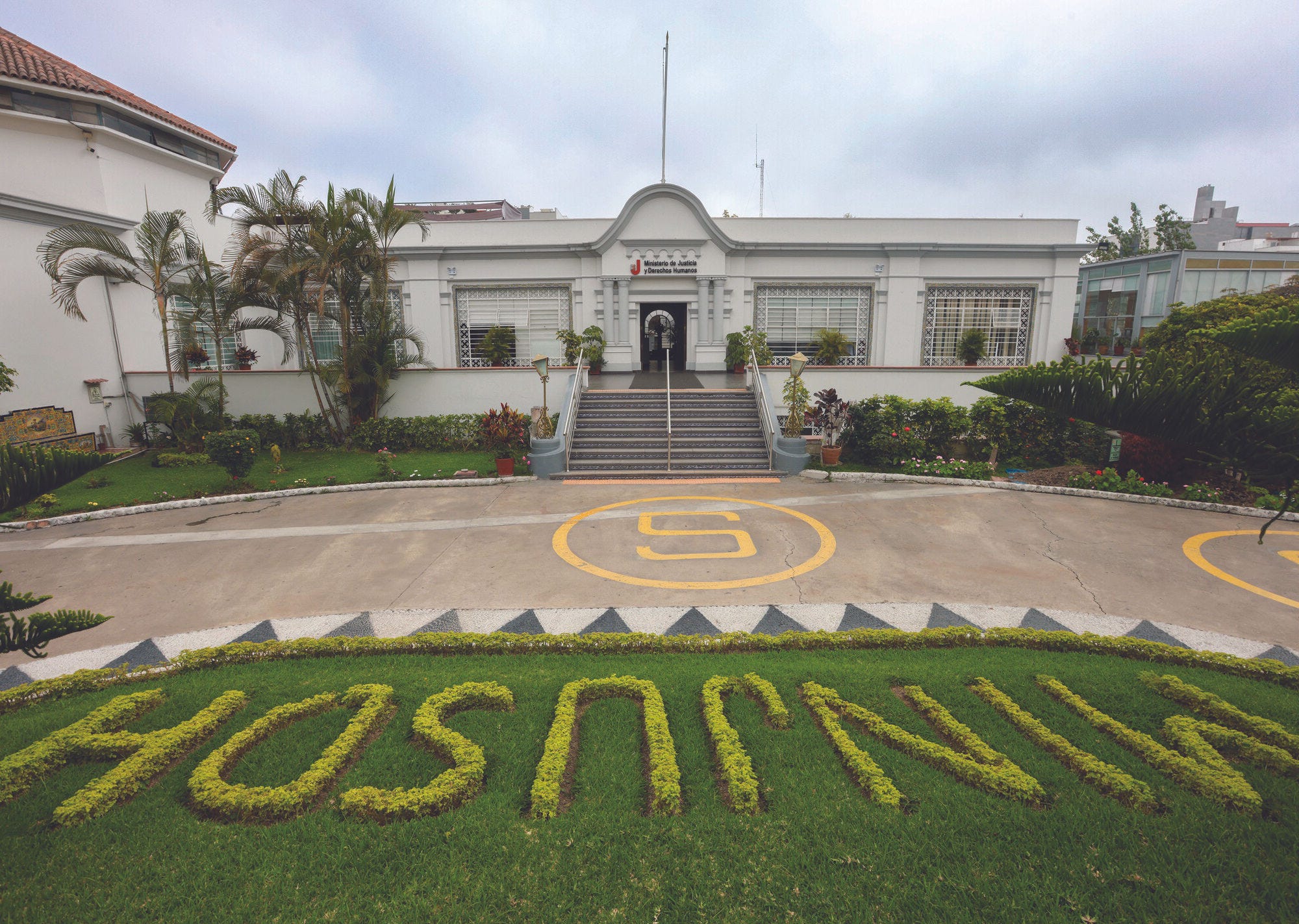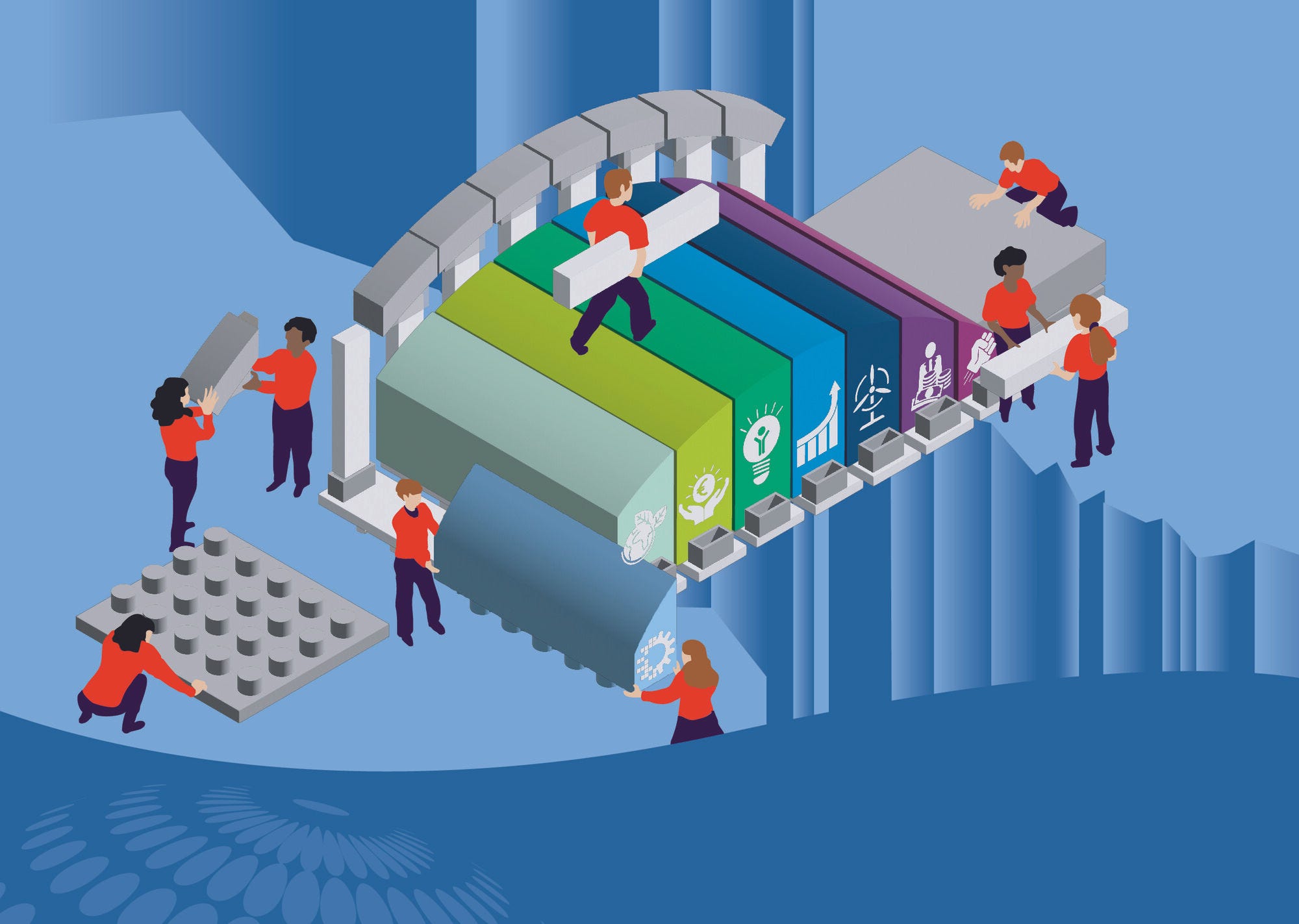Promoting integrity in subnational government can be a challenge, but it is crucial. Indeed, it is often at this level where trust in government is forged, and where actions to promote integrity have the greatest impact. This report looks at efforts in Peru to introduce an integrity function at regional government level. It analyses how regions are implementing this function and proposes concrete recommendations for improvement. The report also looks at how to improve the impact of Regional Anticorruption Commissions and how national actors, in particular the Peruvian Secretary of Public Integrity, can provide support to the integrity function and system at the regional level.
Integrity in the Peruvian Regions

Abstract
Executive Summary
Regional integrity systems in Peru depend on a number of policies, actors and mechanisms operating at the central, regional and municipal levels. While Peru has put in place a strategy and a formal co-ordination framework, regional governments remain highly affected by corruption. The level of policy implementation and institutional activity on public integrity is generally limited and not able to generate significant impact.
A combination of national and regional factors determine corruption in regional governments
The Peruvian National Integrity and Anti-corruption Policy recognises that subnational entities are those most affected by corruption while anti-corruption actions at these levels are often limited. In consequence, the Action Plan for 2018-2021 defines several actions for regional governments, including the establishment of an integrity function in charge of the articulation and monitoring of the integrity framework to be implemented in each entity (the “integrity model”).
However, the implementation of the integrity function and model in regional governments is lagging behind that of central government entities. So far, only five regions have appointed a unit or person in charge of the integrity function. Reasons for this are manifold and due to a number of contextual and resources-related factors, including high regional diversity, enduring challenges in completing the decentralisation process, the governors’ limited awareness of the relevance and the benefits of integrity policies, regional politics, budget constraints, and a high degree of staff turnover.
An incremental approach based on priorities, capacity and integrity risks could promote an effective implementation of the regional integrity function
While the current legal framework already provides for a range of options for institutionalising the integrity function, the reality at regional level requires a more tailored and incremental approach based on available capacities and main integrity risks. The Secretariat of Public Integrity (SIP) could develop a matrix based on those dimensions, assigning each region to a category with a recommended institutional set-up and a list of functions to be prioritised. Such an approach would allow a gradual implementation of the full integrity function, focusing on articulating integrity policies and providing strategic orientation to leadership, especially to the Governor. Minimum tasks that should be ensured in all regional governments include identifying integrity risks, proposing concrete integrity policies and monitoring the integrity model’s implementation.
In addition, each regional government should define a number of priority areas where integrity policies should be applied. This could be done through an assessment of the internal strengths and weaknesses and external opportunities and threats of the regional government. Priority areas could include, for instance, the safeguarding of the achievement of policy goals related to SDGs, mining, health, education or infrastructure.
The integrity function increases the impact of the Regional Anticorruption Commissions
Following the model of the National Anticorruption Commission (CAN), the Regional Anticorruption Commissions (CRAs) involve various stakeholders from public and private sectors. While this design seeks to co-ordinate efforts at regional level, experience so far shows that the CRAs have only a limited impact. Their impact is often undermined by political dynamics, conflicts among the members and failure to ensure relevant technical input, institutionalise the work or focus on strategic prevention and priorities.
To address these challenges, the CRAs could involve additional regional actors overseeing key processes and risks (such as in public procurement), standardise internal rules of procedure and ensure continuous engagement, in particular by appointing technical contact points within all member organisations. Most crucially, the integrity function could be designated as the technical secretariat of the CRAs in order to leverage its integrity mandate in regional governments, avoid duplication of efforts, and ensure coherence with the National Policy. Furthermore, it could serve as the link between the regional government, the CRA, the CAN and the SIP to report on progress and good practices, but also to request technical assistance and political support.
National actors can also support regional integrity
In line with Peru’s decentralised institutional model, a number of national actors have direct and indirect influence on regional governments’ integrity systems and policies, and can thus provide support to the integrity function and system at the regional level.
Considering the limited capacities and resources at regional level, the SIP could scale up existing assistance to regional governments. In particular, it could mobilise high-level commitment by illustrating and clarifying public integrity concepts and pointing out the economic benefits, especially in the current COVID-19 emergency context. The SIP could also build the capacities of staff working in the regions’ integrity function and promote dialogue between the integrity functions. Currently, such an exchange only takes place on an informal and occasional basis.
In turn, the CAN could provide strategic direction to strengthen the technical secretariats of the CRAs through a capacity development strategy and a mechanism to ensure the sharing of information and experience among regions to improve mutual learning around risks, achievements and priority issues. The CAN could also host a platform to monitor and benchmark public integrity in the regions through indicators that measure, for instance, the implementation and the performance of the integrity functions and of the CRAs. Since societal actors in the regions often are unaware of integrity efforts and initiatives, the CAN could support the CRAs by promoting online training courses on public integrity policies and their benefits in close collaboration with universities and civil society at the regional level.
Finally, the Presidency of the Council of Ministers could also promote co-ordination efforts and provide concrete support to regional integrity systems. In particular, the establishment of Regional Development Agencies (RDA) is a major opportunity to advance the decentralisation process but also entails various integrity risks. As such, the regional integrity function could provide RDA with advice on identifying and mitigating these integrity risks, in particular those related to undue influence in decision-making processes or conflict of interest.
In the same series
Related publications
-
 21 November 2024
21 November 2024 -
 Policy paper19 November 2024
Policy paper19 November 2024 -
 10 September 2024
10 September 2024










